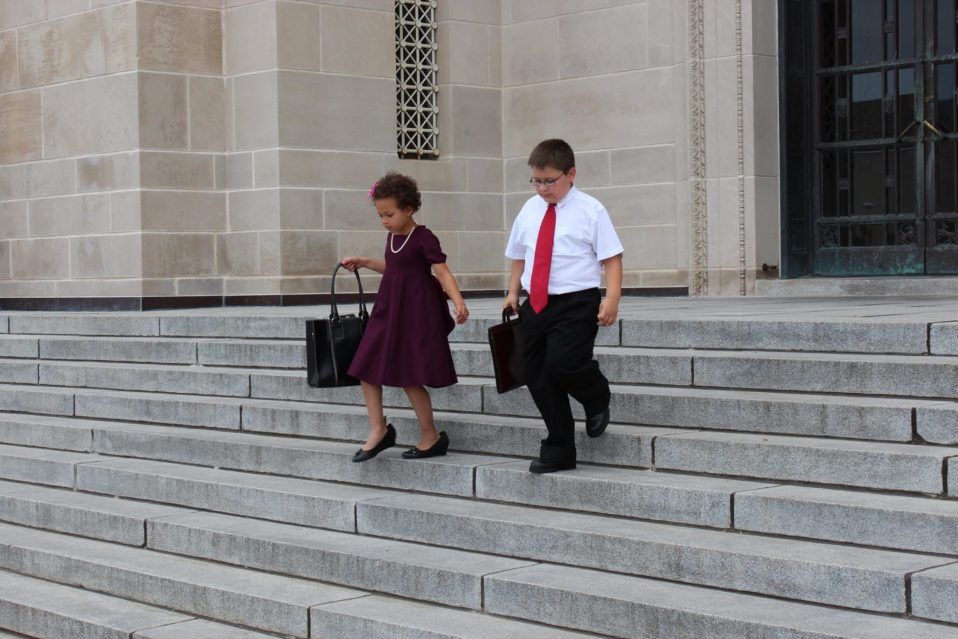The ongoing COVID-19 pandemic has exposed deep flaws in public policies that uphold inequities in wealth, health, and well-being for too many Nebraskans. The worst of the health and economic devastation has fallen the hardest on Nebraska families that were already least likely to have a stable job that pays a living wage, affordable housing, or access to quality health care. Nebraska leaders need to make decisions that will lead our state to the future that we all want: a future where every Nebraska child can thrive.
As the Nebraska Legislature reconvenes to finish the last 17 days of its 2020 legislative session, policymakers must meet this unprecedented moment of uncertainty and devastation with immediate relief for families that are struggling to make ends meet. This is not a moment for debate over what is possible under legislative procedures—it is a moment that calls on lawmakers to do what is necessary for every Nebraska child.
Alongside Nebraska Appleseed and the Women’s Fund of Omaha, we’re calling on senators to prioritize funding that the state received from the CARES Act to provide direct relief to Nebraskans in our “Pandemic Relief Plan for Nebraska Communities.”
The Nebraska Legislature should make every effort to advance legislation, including amendments to existing bills and the state budget, that would provide direct relief to Nebraska children and families. Families should be able to afford food, stable housing, and other basic needs. Parents should be able to balance work and family needs without worrying about losing their job or putting their family’s health at risk.
Our policy priorities for the remainder of the 2020 legislative session is a first step in providing immediate and direct relief to families, and it is far from the last step. The staggering disparities in how Nebraskans, and particularly Black, Indigenous, and People of Color have experienced the pandemic tell us that unless we look at transformative changes that address the root of systemic racism, we will never have the future that we want for every Nebraska child. Our long-term path to recovery must be equitable, and we must work to build a more resilient economy and society for future generations of Nebraskans.




Post a comment